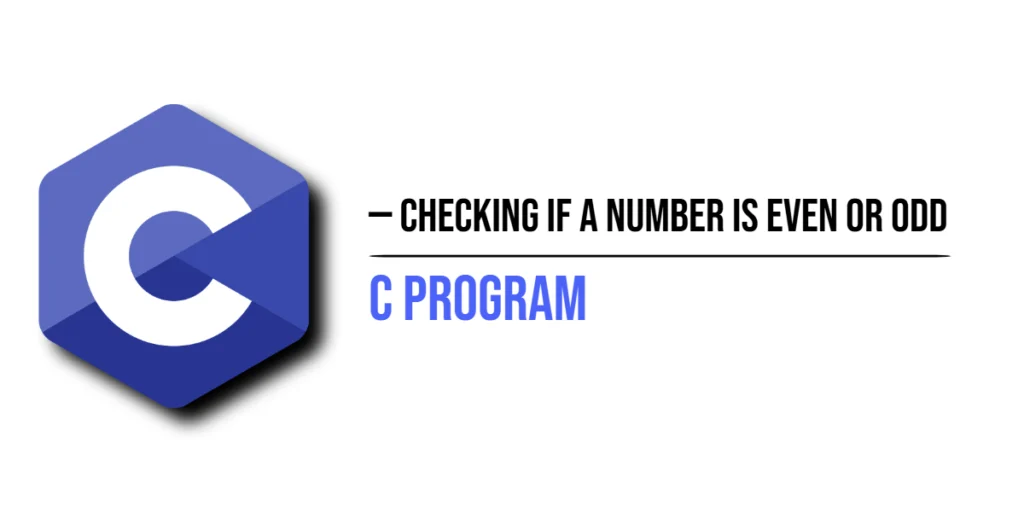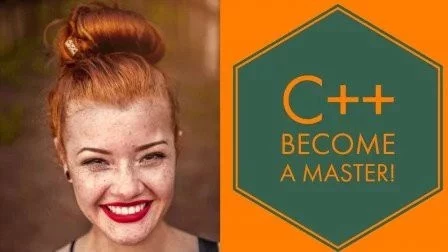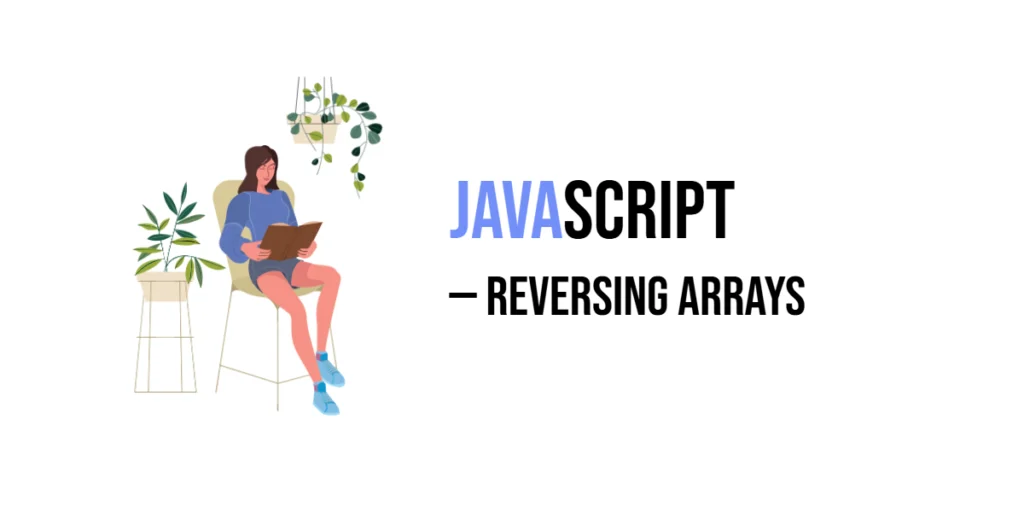Understanding whether a number is even or odd is one of the first tasks every beginner learns in programming. In C, checking for even or odd numbers is simple but introduces essential concepts such as the modulus operator %, conditional statements, and how to take input from the user. This program is not only foundational for learning control flow in C but also a practical building block for more complex programs, such as loops and mathematical computations.

with hands-on learning.
get the skills and confidence to land your next move.
Checking if a number is even or odd is a great exercise for beginners because it combines input, computation, and output in a single program. In this tutorial, we will write a complete C program to determine whether a number is even or odd. We will explain every line of code in detail, discuss common mistakes, and suggest best practices for beginners. By the end of this guide, you will confidently write your own even-odd checker and understand how conditional logic works in C.
Using the Modulus Operator to Check Even or Odd
The simplest way to check if a number is even or odd in C is by using the modulus operator %. This operator returns the remainder of a division, which is zero for even numbers and one for odd numbers. Let’s look at a complete program:
#include <stdio.h>
int main() {
int number;
printf("Enter an integer: ");
scanf("%d", &number);
if (number % 2 == 0) {
printf("%d is an even number.\n", number);
} else {
printf("%d is an odd number.\n", number);
}
return 0;
}In this program, we first include the standard input-output library using #include <stdio.h>, which allows us to use printf() and scanf() functions. We then declare an integer variable number to store the value entered by the user. The scanf("%d", &number); function reads the number from the console.
Next, the if statement checks whether number % 2 equals 0. The % operator divides number by 2 and returns the remainder. If the remainder is 0, the number is even, and we print a message saying it is even. If the remainder is not 0, the else block executes, indicating that the number is odd. This program demonstrates the use of conditional statements and the modulus operator effectively.
Using Bitwise AND Operator to Check Even or Odd
Another method to check if a number is even or odd is by using the bitwise AND operator &. Every even number has its least significant bit as 0, while odd numbers have it as 1. Here is an example:
#include <stdio.h>
int main() {
int number;
printf("Enter an integer: ");
scanf("%d", &number);
if (number & 1) {
printf("%d is an odd number.\n", number);
} else {
printf("%d is an even number.\n", number);
}
return 0;
}In this program, the expression number & 1 checks the least significant bit of number. If the result is 1, the number is odd; if the result is 0, the number is even. This method is efficient at the binary level and can be faster than using the modulus operator, especially in low-level programming or performance-critical applications.
Common Mistakes Beginners Make
Beginners often make these mistakes when working with numbers:
- Forgetting to handle negative numbers correctly. The remainder operator
%in C returns a negative remainder if the dividend is negative, butnumber % 2 == 0still correctly identifies even numbers. - Using the wrong format specifiers in
scanf()orprintf(), which can lead to incorrect input or output.
To avoid these errors, always double-check your code for the correct operators and matching variable types.
FAQs
Q1: Can I check if a floating-point number is even or odd?
No, the concept of even or odd applies only to integers. Floating-point numbers are decimal values, so they cannot be classified as even or odd.
Q2: Which method is better, modulus or bitwise AND?
For beginners, using the modulus operator % is easier to read and understand. The bitwise method is faster but may be less intuitive for those new to programming.
Q3: Can I write this program using a function?
Yes, you can write a function that takes an integer as input and returns a string indicating whether it is even or odd. This is useful for reusability in larger programs.
Q4: Can this program handle very large integers?
Yes, as long as you use an appropriate data type, such as long or long long for very large numbers.
Conclusion
Checking whether a number is even or odd is a simple yet important exercise in C programming. It introduces fundamental concepts such as input/output, conditional statements, and operators. By practicing both the modulus and bitwise methods, you will strengthen your understanding of how numbers are stored and manipulated in C. This foundational knowledge will help you tackle more complex programs confidently and efficiently. Keep practicing these small programs to build a strong base in C programming.
References & Additional Resources
- Kernighan, Brian W., and Dennis M. Ritchie. The C Programming Language. 2nd Edition, Prentice Hall, 1988.
- TutorialsPoint: C Operators – Guide to arithmetic and bitwise operators.
- Programiz: C Programming Examples – Beginner-friendly C programs.
- Stack Overflow: Modulus vs Bitwise AND – Discussion on efficiency and readability.







